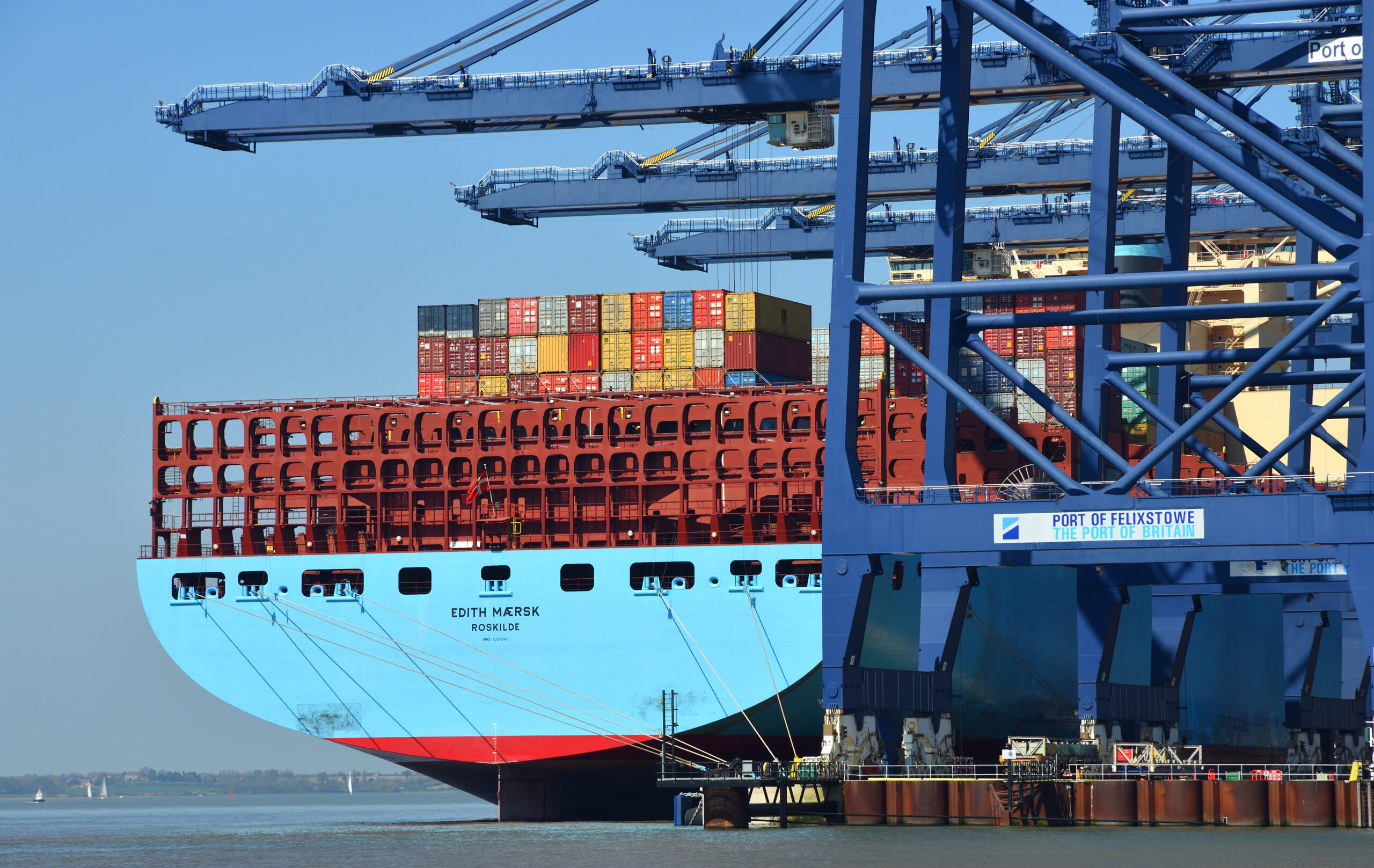Dutch cleantech company Value Maritime has successfully equipped a 75,000 DWT LR1 product tanker, owned by Japan’s Mitsui O.S.K. Lines (MOL), with an integrated Exhaust Gas Cleaning System (EGCS) and an onboard carbon capture and storage (OCCS) unit. The Nexus Victoria is the largest vessel to have Value Maritime’s SOx scrubber installed with an advanced OCCS system, making it the first LR1 tanker to use this dual-function technology.
The installation features Value Maritime’s 15 MW next-generation Filtree system, a compact, prefabricated unit designed to scrub sulphur oxides (SOx), filter ultra-fine particulate matter, and capture up to 10% of the vessel’s CO2 emissions. The system is scalable, with the potential for future improvements that could increase CO2 capture rates to up to 30%.
Unlike conventional scrubbers that solely reduce SOx emissions, the Filtree system captures CO2 for onshore utilisation in industry. Once offloaded, the captured carbon can be repurposed for applications such as greenhouse cultivation, methanol synthesis, and food production.
The initiative is part of MOL’s ‘Group Environmental Vision 2.2’, which aims for net-zero greenhouse gas (GHG) emissions by 2050. In its press release, MOL states that it considers OCCS an essential interim compliance solution for its conventional fuel-powered fleet, allowing it to reduce emissions while transitioning to next-generation energy solutions.
Value Maritime is expanding its maritime carbon capture network through its sister company, Value Carbon by enhancing its logistical capabilities for CO2 handling and utilisation across Asia. The company has previously equipped vessels from Eastern Pacific Shipping and Ardmore Shipping and aims to meet the growing international demand for OCCS technology.
Christian Nijst, Co-founder and Director, Value Group, commented: ‘End-to-end carbon capture solutions are essential to achieving industry-wide decarbonisation. By integrating maritime carbon capture with onshore utilisation, we’re closing the loop on emissions and creating a more sustainable shipping ecosystem.’
With carbon pricing mechanisms gaining traction globally and clean fuels unavailable at scale and at a competitive price, solutions that can extend the operational lifespan of existing vessels while reducing emissions are integral to Maritime’s net-zero pathway. ‘This system represents a crucial step in decarbonising vessels that cannot yet transition to next-generation fuels’, said Hiroyoshi Kubo, Executive Officer, Tanker Unit at MOL. ‘Together with Value Maritime, we are committed to advancing carbon capture solutions and building a CO2 value chain that contributes to a sustainable, carbon-neutral industry.’



